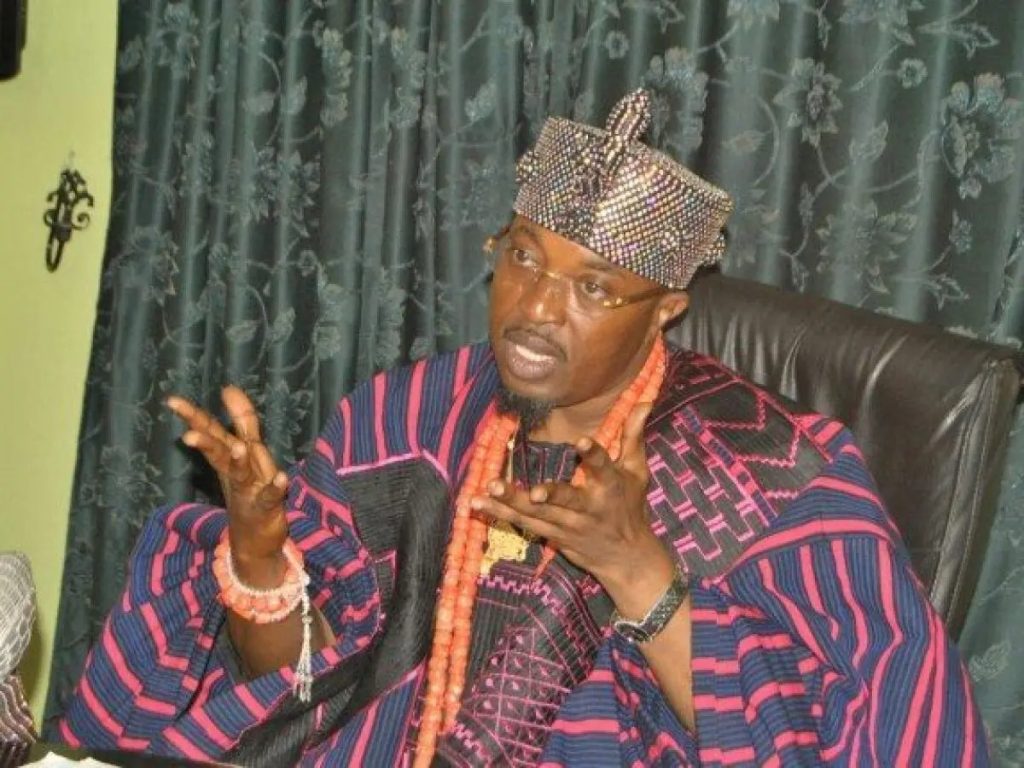
The suggestion from Oluwo of Iwo, Oba Abdulrosheed Akanbi, is clear: before cracking down on those mishandling the naira, the Economic and Financial Crimes Commission (EFCC) should educate Nigerians on what actually constitutes naira abuse.
Regarding the recent arrests made by the EFCC in relation to naira abuse, the monarch believes that targeting individuals for spraying money at social gatherings might be a misdirected effort, given that this is a norm in Yoruba and Igbo cultures.
Highlighting the potential ignorance among Nigerians regarding what actions qualify as naira abuse, the royal figure recommends that the anti-graft agency launch awareness campaigns in both print and electronic media to enlighten the public on this matter.
Oba Akanbi’s intervention follows the recent crackdown by the EFCC on certain celebrities implicated in naira abuse cases.
The sentencing of controversial crossdresser Idris Okuneye, better known as Bobrisky, to six months in prison without the option of a fine by a Federal High Court in Lagos on Friday, April 12, 2024, marks a significant development in this issue.
While acknowledging the EFCC’s efforts in recovering embezzled public funds, the monarch, through a statement from his Press Secretary, Alli Ibraheem, issued in Osogbo on Wednesday, commended the commission and stressed the importance of educating the populace on proper naira handling practices.
He urged caution from the EFCC and advocated for a shift towards public enlightenment regarding the penalties associated with mishandling the national currency.
By recognizing the cultural significance of money spraying at social events within Yoruba and Igbo communities, Oba Akanbi emphasized the need for comprehensive enlightenment efforts by the EFCC, stressing that enforcement should come after education.
He emphasized the importance of using various media platforms to inform the public about naira abuse and its consequences, asserting that this awareness would deter individuals and facilitate the identification and punishment of offenders.
